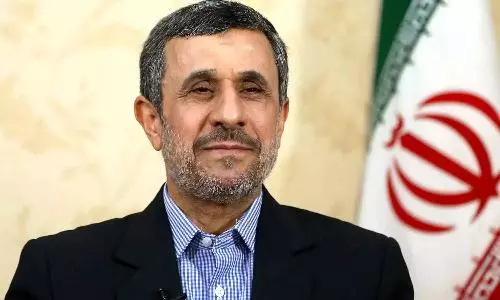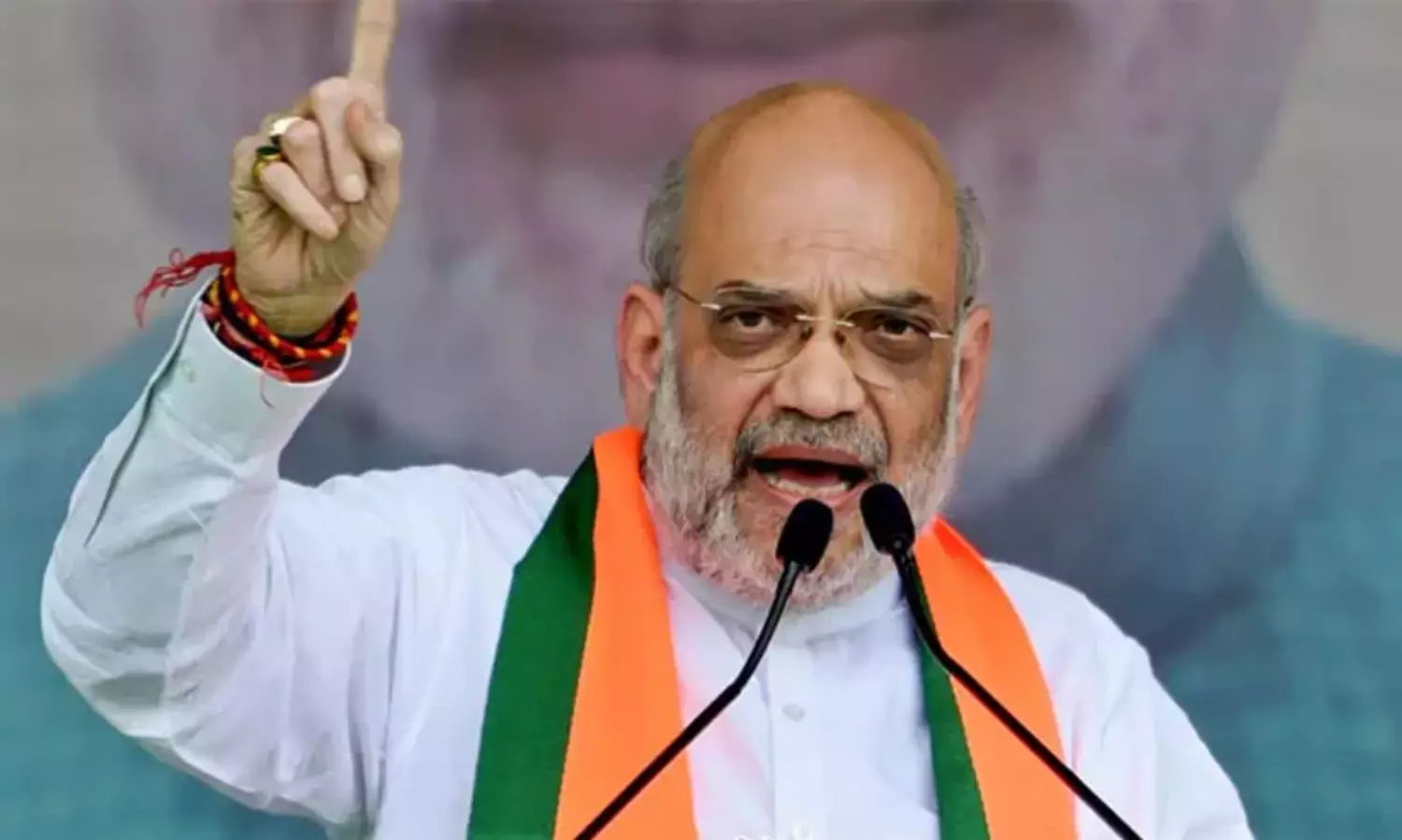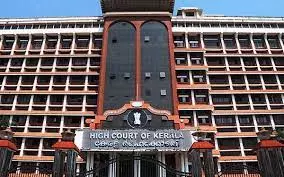
Let facts talk, not arguments
text_fieldsThe judgement of the Kerala High Court on minority scholarship is unfortunate. The court has overturned the model of granting 80 per cent of merit scholarship to Muslims and 20 per cent to converted and Latin Christians. Instead of the 80:20 ratio, the division bench comprising Chief Justice S Manikumar, Justice Shaji P Chali ruled that the benefit must be provided to different communities on the basis of their proportion in the population. 'Positive discrimination' or reservation, which gives backward classes additional benefits commensurate with their backwardness, is universally recognized as an appropriate means of achieving social justice. Here, on the other hand, the court is denying even the limited solution provided for Muslims on the basis of years of comprehensive studies and discussions. This decision, which strikes at the very root of the principle of reservation, has not only glossed over the concession implied in reducing what should have been a hundred percent eligibility to 80 percent. With this judgment, the court has also squandered the opportunity to rationally assess and remove the misunderstandings and grumblings nurtured among communities and thus to strengthen community harmony. Misconceptions that could have been erased by sufficient explanation was not removed earlier at the governmental level; now the judiciary has taken the same path of unfairness. It needs to be examined whether all the facts that should have come before the court were indeed presented.
The reservation for the Muslim community did not spring out of nowhere unreasonably or without justification. Fifteen years ago, the committee appointed by the Central government and headed by Justice Rajinder Sachar found, after comprehensive studies in all states including Kerala, that in many indices including education, Muslims fell behind other communities. As a follow up measure, a ten member committee presided by then minister Paloli Mohammed Kutty submitted around a hundred recommendations to be implemented in Kerala. Many recommendations, like the free training/coaching centres for competitive exams were intended only for Muslims. However at one point later, it was decided that these also should be made available to other backward minority communities without loss of opportunities for Muslim candidates. This opened the way to people perceiving the larger percentage for Muslims as community appeasement. The goodwill gesture in including more communities, quite paradoxically, paved the way for the propaganda that Muslims were taking a larger share of what should be everyone's. Thus calling the coaching centres intended for Muslims as 'minority coaching centres' had the reverse effect. The state Minority Welfare Department kept shrinking with each passing budget's dwindling allocation. The state government's politically motivated silence in place of countering the propaganda of Muslim appeasement only lent strength to the misconception.
It is not hazy propaganda and claims, but facts that should form the basis of both government action and court judgements. It is because backward communities need upliftment that institutions and plans like the KSDC (Kerala State Development Corporation for Christian converts from Scheduled Castes and the Recommended Communities) are in place. It is imperative that the government prepares a white paper on these, their beneficiaries and the budget allocation for each of them over the years. It is not just the people, but also the judiciary that should be informed of the reality of the misleading propaganda. The state government has the onus of filing an appeal against the present judgement against its decision. Again on this, it is not be pressure, but facts and statistics that should determine the decision here. On the basis of these facts, it shouldn't be legal actions alone that should follow. Instead, the government should also take initiative to hold high level discussions to alleviate the spurious misconceptions that are formed between communities, especially between Muslim and Christian communities. It is not enough that injustice is done away with, but also that people be aware that there is not injustice.





















